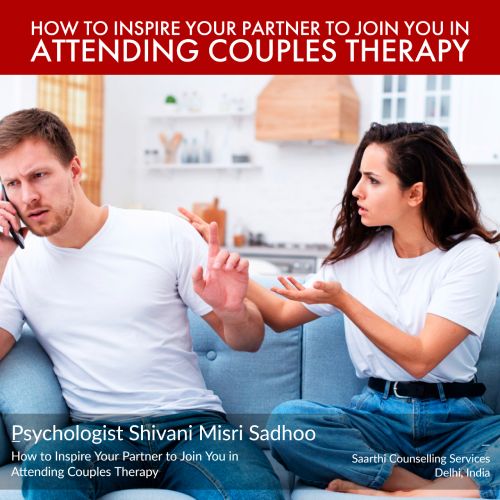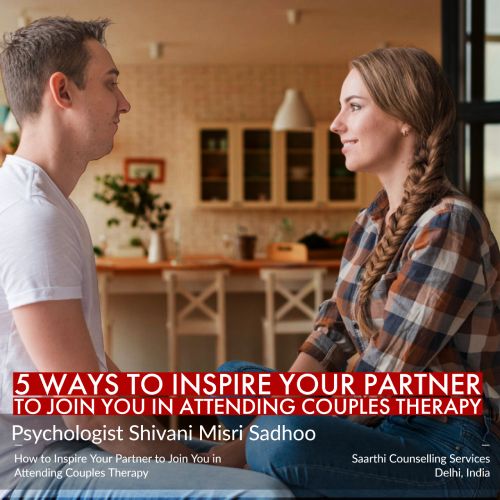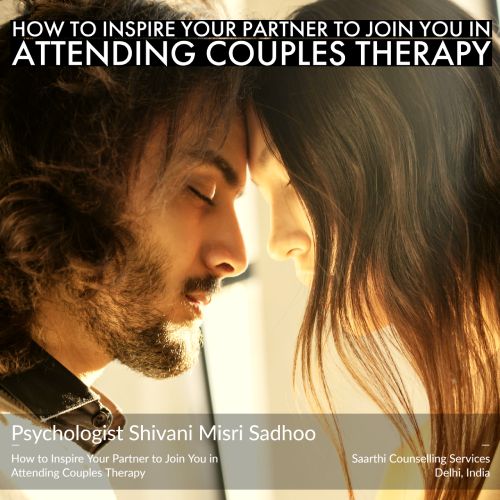In every relationship, honesty is often described as the cornerstone of trust and intimacy. Couples who value transparency usually feel more connected and secure. Yet the idea of absolute honesty—sharing every thought, feeling, or opinion without filter—raises important questions.
Can complete openness strengthen a relationship, or can it sometimes create more harm than harmony? It’s being explained by relationship expert and marriage counsellor Shivani Misri Sadhoo.
What is the Role of Honesty in Relationships?
Honesty provides the foundation on which trust is built. When partners are truthful, they foster an atmosphere of safety and reliability. Admitting mistakes, acknowledging emotions, and expressing needs openly are all examples of honesty that support healthy bonding, says Shivani Misri Sadhoo, a leading couples therapist in India.
However, honesty is more than just stating facts. The intention and manner of communication play a crucial role. Truth spoken with sensitivity can build closeness, while truth expressed harshly or without consideration may cause emotional damage.
The Challenges of Absolute Honesty – While honesty is essential, absolute honesty—sharing every thought without reflection—may not always serve the relationship. Several challenges emerge when honesty is taken to its extreme:
Overwhelming the Partner – Not all thoughts require expression. Passing or impulsive ideas, if shared unnecessarily, may create confusion or hurt without adding value.
Tone and Delivery – A Brutal or blunt truth can feel like criticism. Reframing a statement with empathy can make the same truth easier to hear. For example, instead of saying, “You never listen to me,” one could say, “I feel unheard when I talk about my day.”
Maintaining Emotional Safety – Relationships thrive when both partners feel emotionally safe. Absolute honesty, expressed without care, may erode this safety and create distance.
Privacy vs. Secrecy – Every person deserves a degree of privacy. This is not the same as keeping secrets; it is about recognising that not every private thought needs to be shared in order for the relationship to remain healthy.
Striking the Right Balance – The healthiest approach lies in thoughtful honesty, not absolute honesty. This means being genuine while also considering the emotional impact on the partner. Key aspects of balanced honesty include:
- Expressing feelings and needs clearly so that misunderstandings are reduced.
- Communicating with compassion, ensuring the truth is shared with kindness.
- Avoiding unnecessary bluntness, as honesty should build the relationship rather than weaken it.
- Listening with openness, since honesty also involves accepting a partner’s truth with respect.
Absolute honesty is not always beneficial in relationships. What strengthens intimacy and trust is authentic, considerate honesty—the type that is truthful yet compassionate, open yet respectful of emotional safety. Relationships flourish when honesty is practiced in a way that nurtures growth rather than causing harm.
Instead of aiming to share every thought without filter, couples are encouraged to focus on honesty that deepens connection, builds trust, and allows both partners to feel safe being their true selves.





